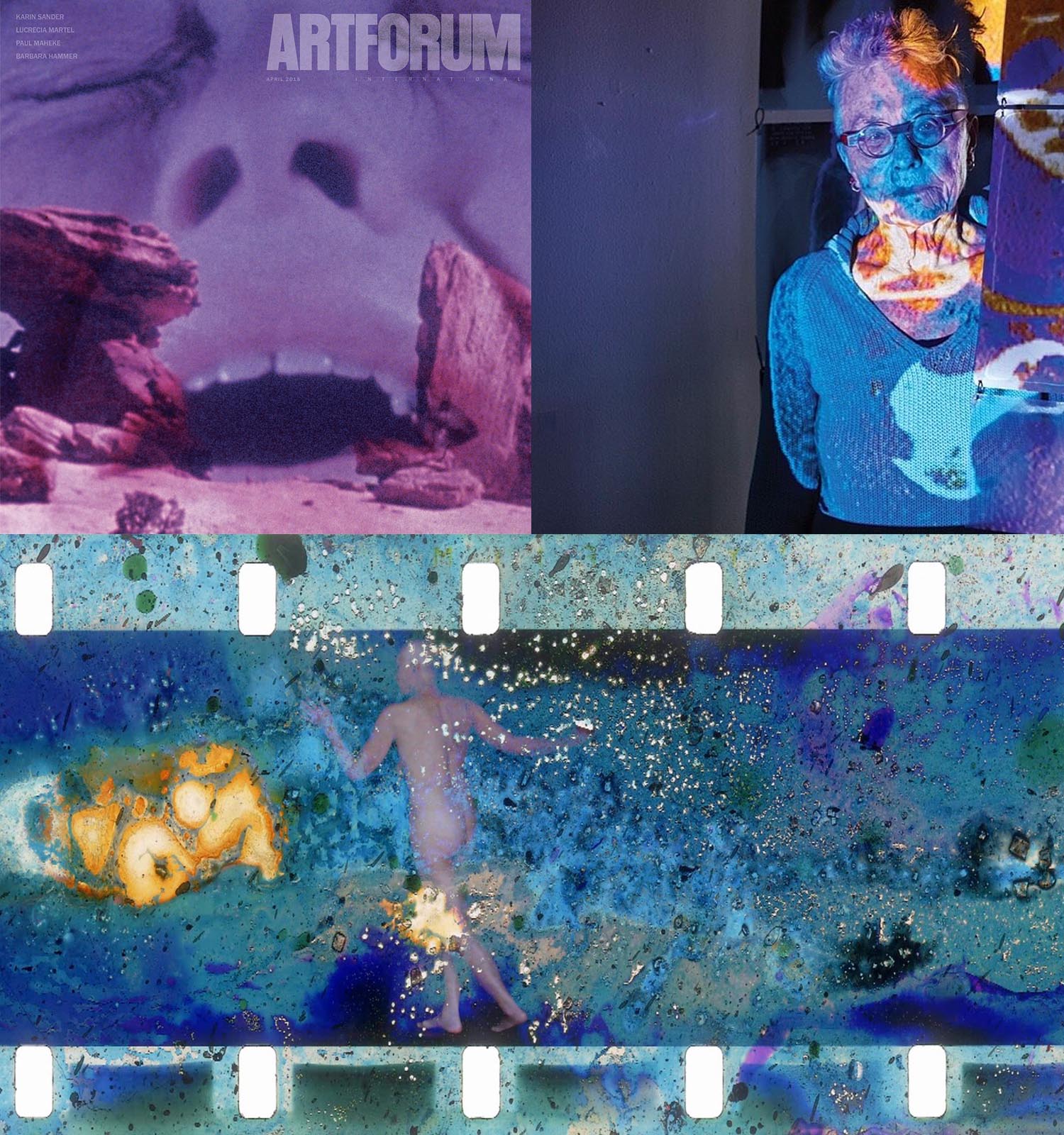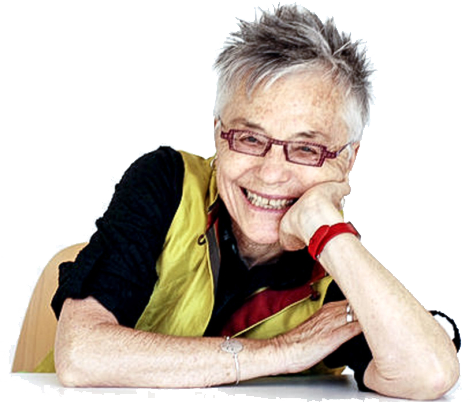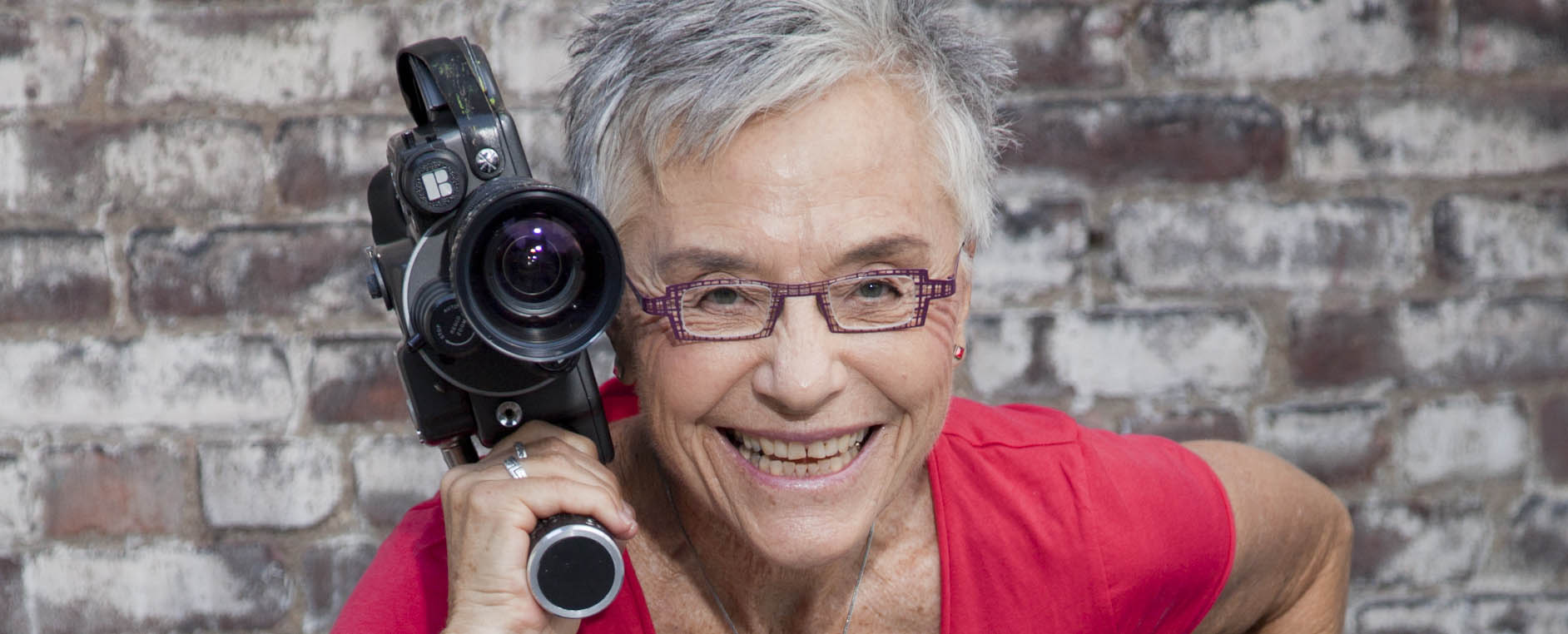
Feminist filmmaker and pioneer of queer cinema, Barbara Hammer made over 90 moving image works as well as performances, installations, photographs, collages and drawings.
May 15, 1939 – March 16, 2019
April 5th, 7:00pm
Circulo de Bellas Artes
Circulo de Bellas Artes presents Screening LAV#027: Soft cuts through the razor’s edge
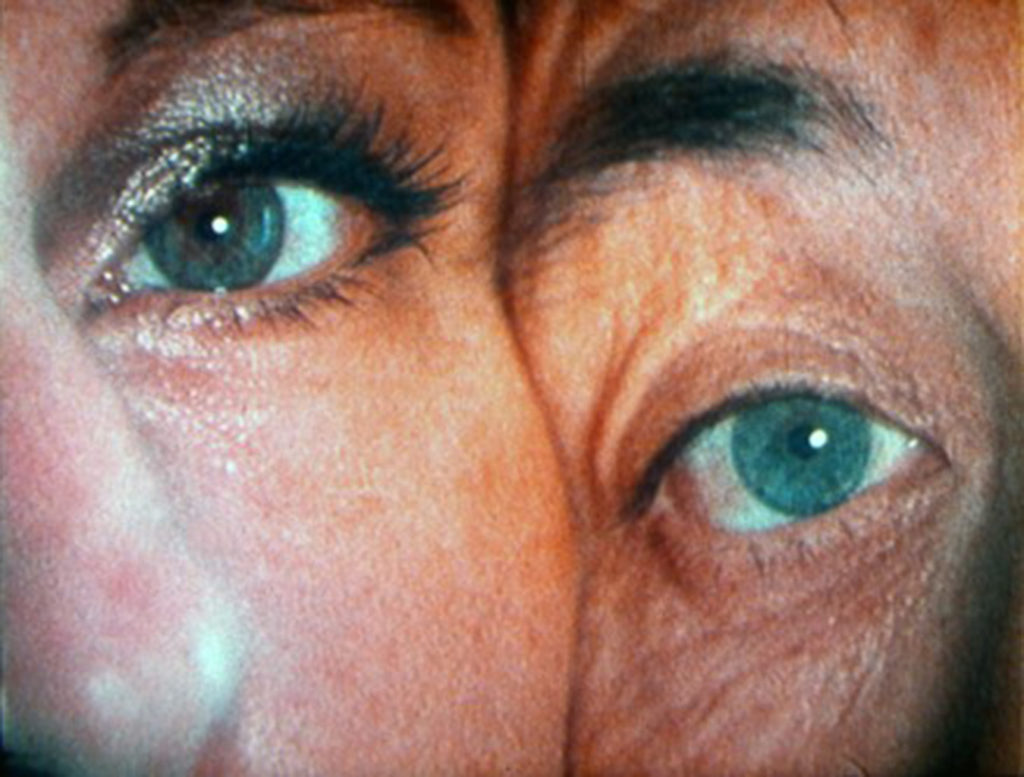
Recently...
27 February, 19:00
Level 6 in the Dortmunder U / Museum Ostwall
International Frauen Film Fest Presents Art on the MOve: Radical Flux – Fluxus und Punk
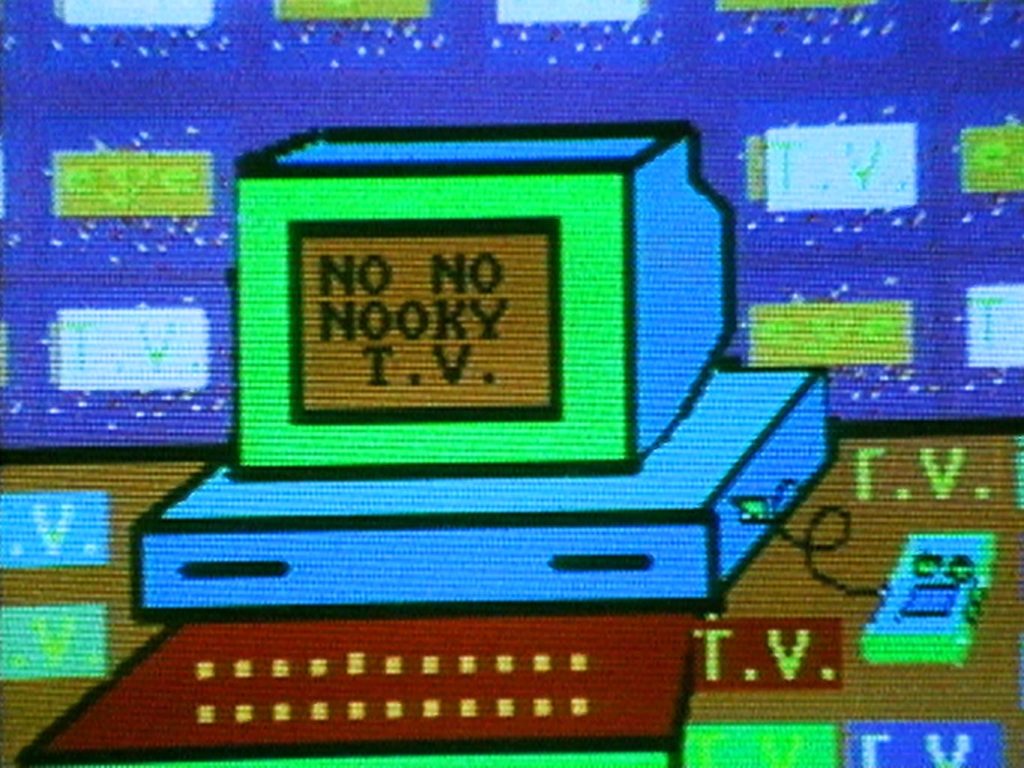
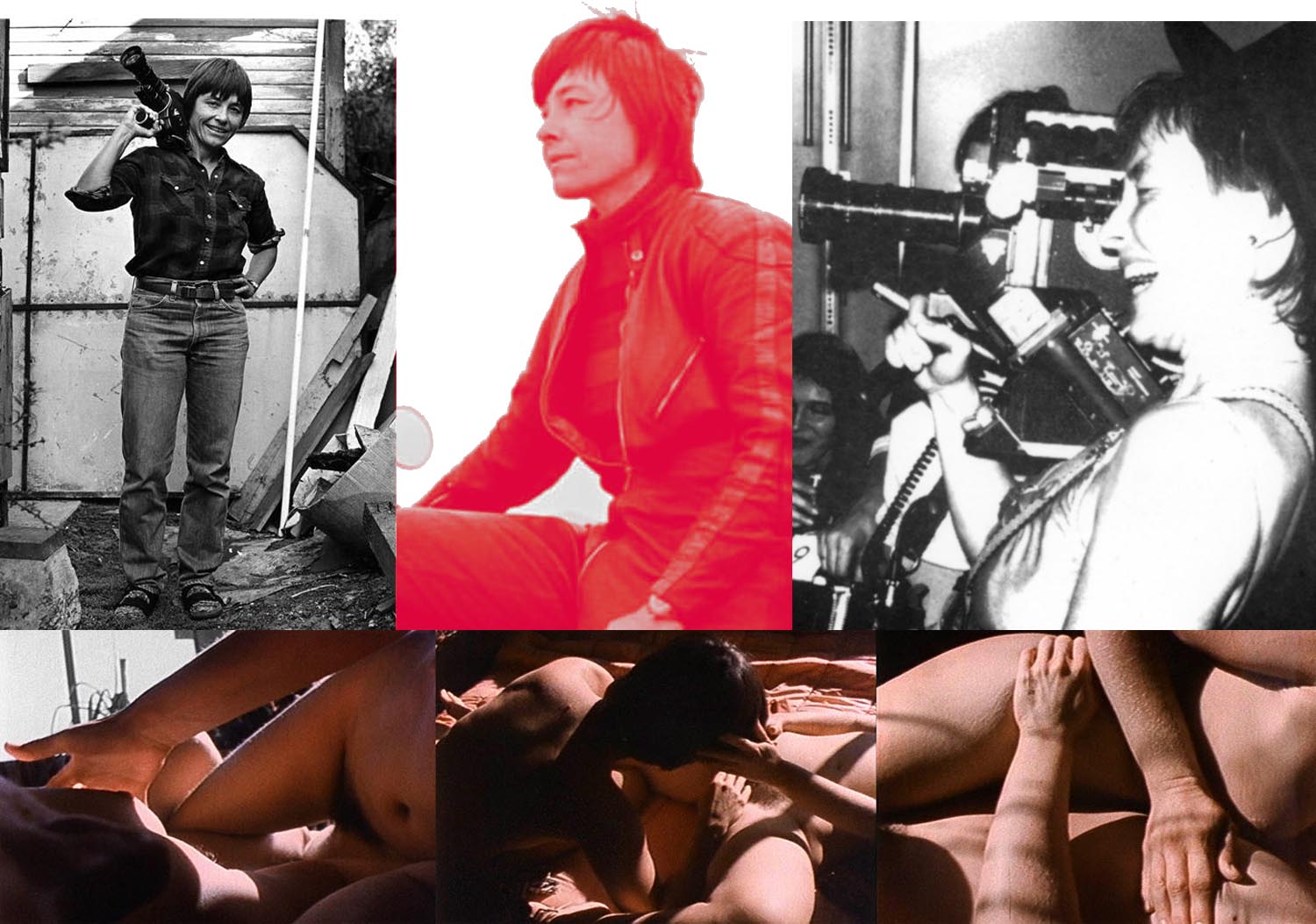
In the early 1970s Hammer studied film at San Francisco State University. After seeing Maya Deren’s film Meshes of the Afternoon, she was inspired to make experimental films about her personal life. After coming out as a lesbian she “took off on a motorcycle with a super-8 camera” and in 1974 filmed Dyketactics, widely considered to be one of the first lesbian films.
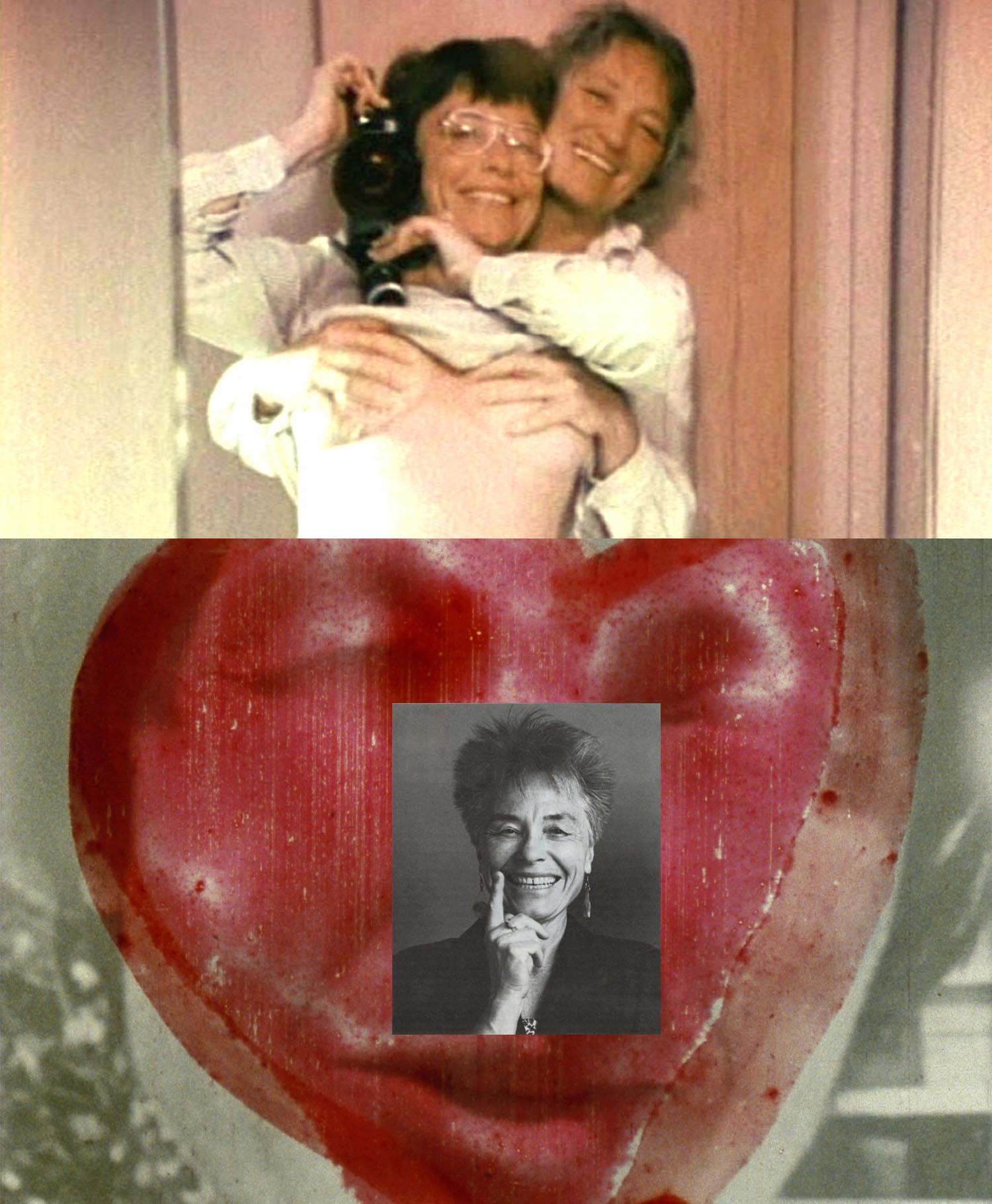
Hammer sought to deconstruct and disempower the narratives and structures that oppress women in general and lesbians in particular. From her earliest experimental work, her films are playfully and relentlessly challenging of accepted norms and taboos.
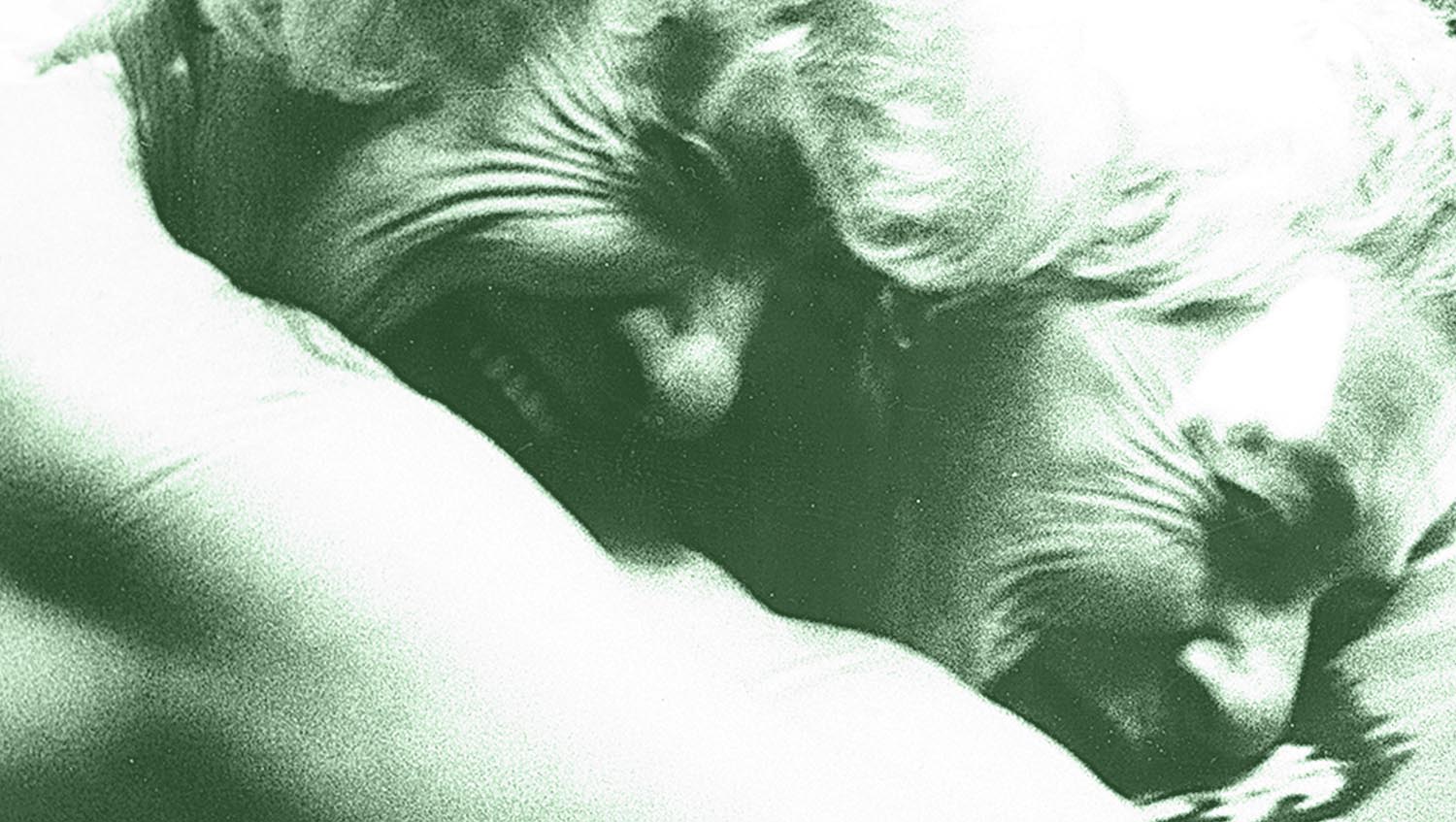
In 1992 Hammer released her first feature film, Nitrate Kisses—an experimental documentary exploring the the repression and marginalization of LGBT people since the First World War.
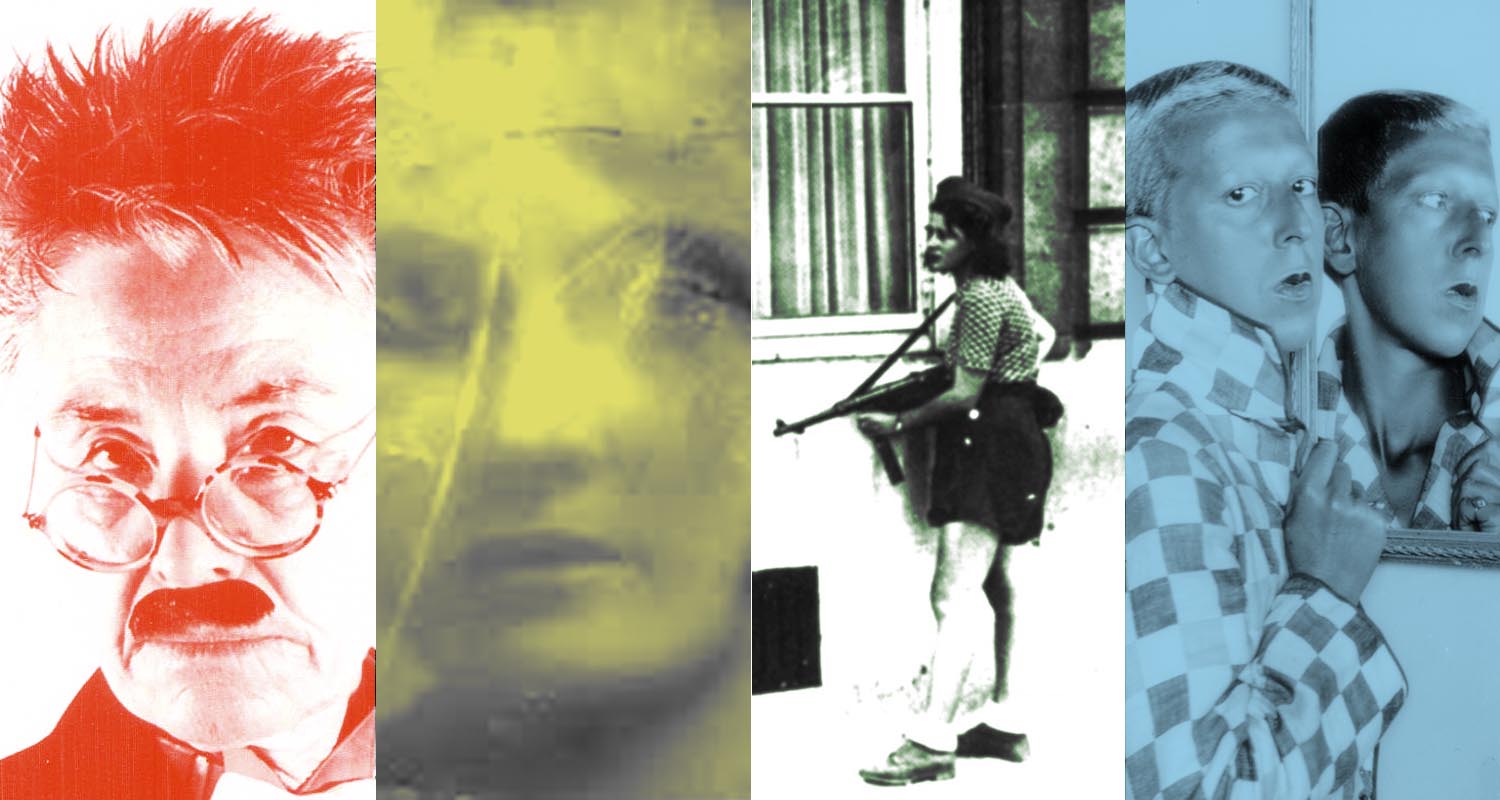
Hammer continued making specifically history-based films for a number of years, including Tender Fictions, History Lessons, My Babushka: Searching Ukrainian Identities, Resisting Paradise and Lover/Other—exploring issues important to her own identity and to those of other artists and lesbians.
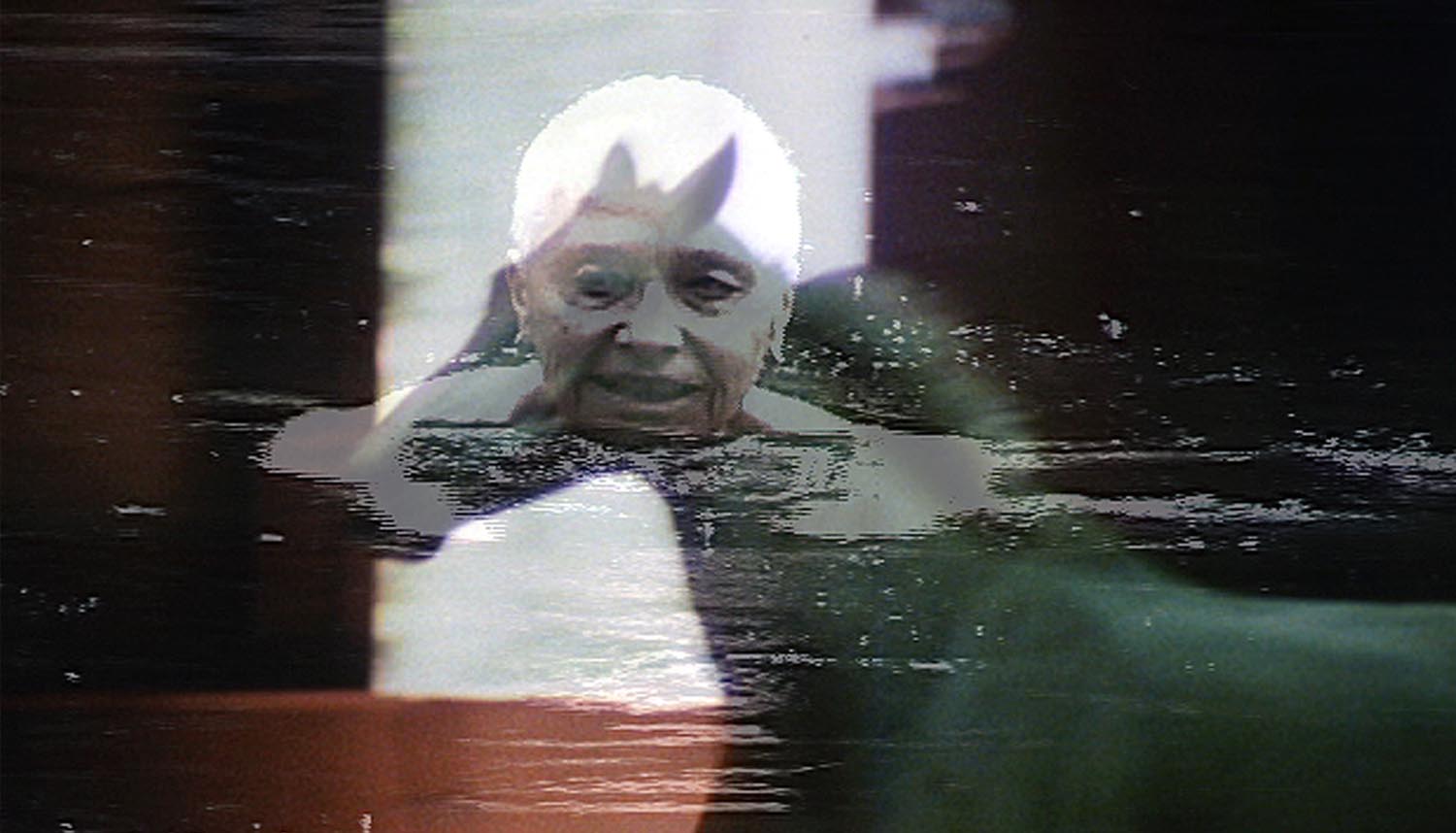
When Hammer was diagnosed with stage III ovarian cancer in 2006, she began exploring life lived with cancer in her films and performances. Her award-winning 2009 film, A Horse Is Not A Metaphor, is a celebration of her love of life despite the difficulties
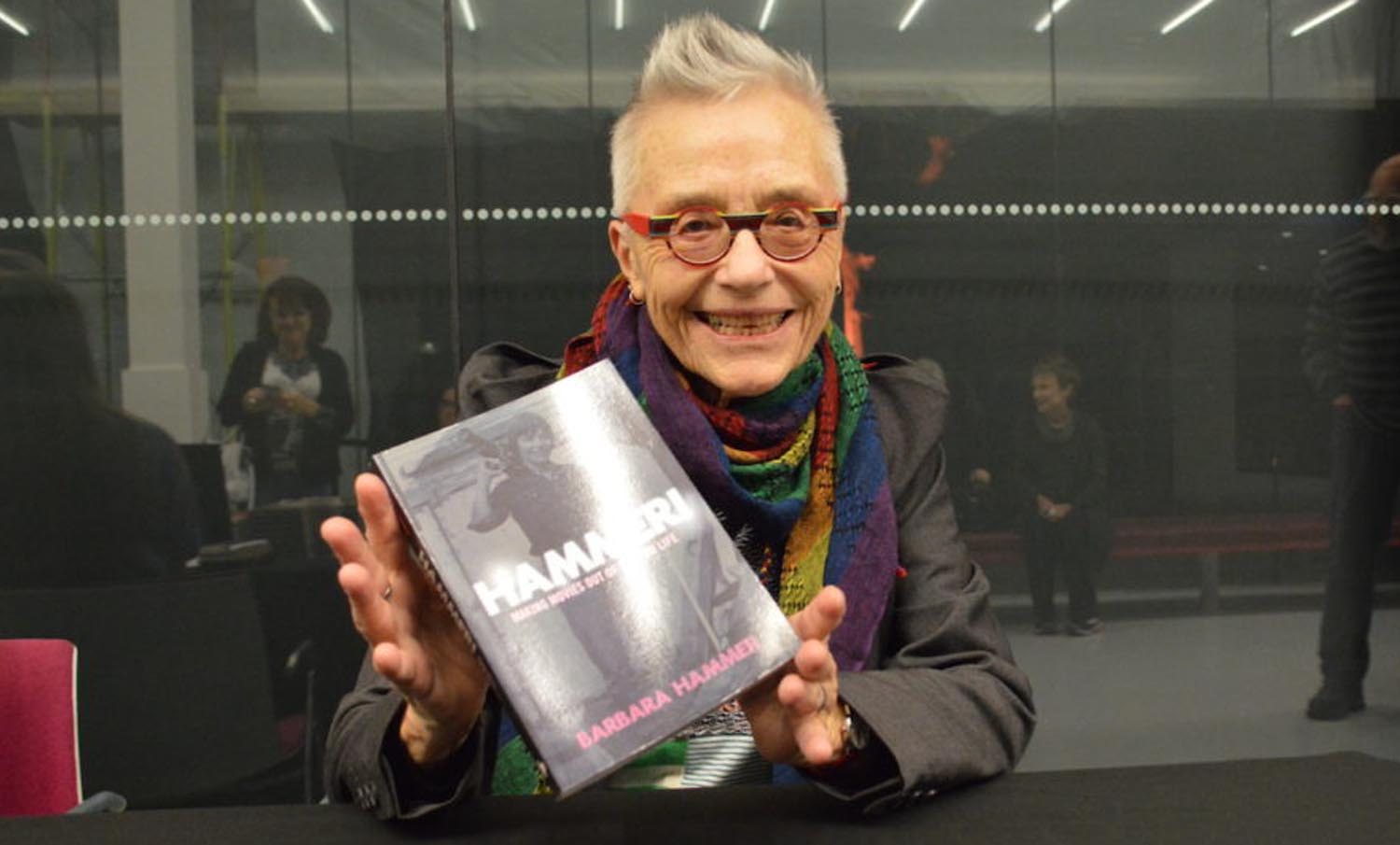
In her memoir, HAMMER! Making Movies out of Sex and Life (The Feminist Press, 2010), Hammer shares stories of her rich and colorful life, the development of her feminist thinking and the joys of working against the grain.
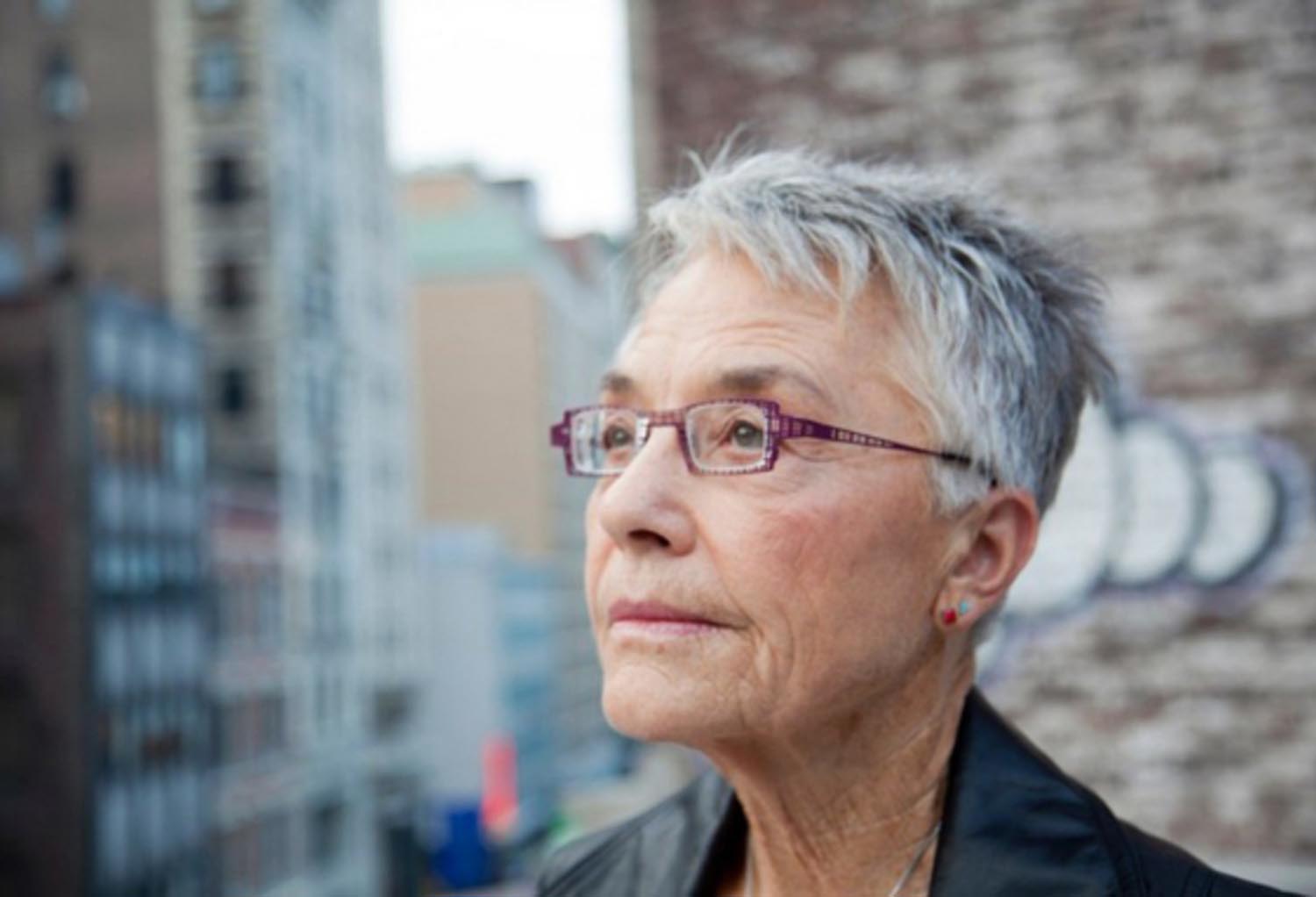
In the last decade of her life, Hammer was given retrospective exhibitions in several internationally major museums and in 2017 her paper archive was acquired by the Beinecke Rare Book and Manuscript Library at Yale University. Hammer also established the Barbara Hammer Lesbian Experimental Filmmaking Grant—awarding the first grant in 2017.
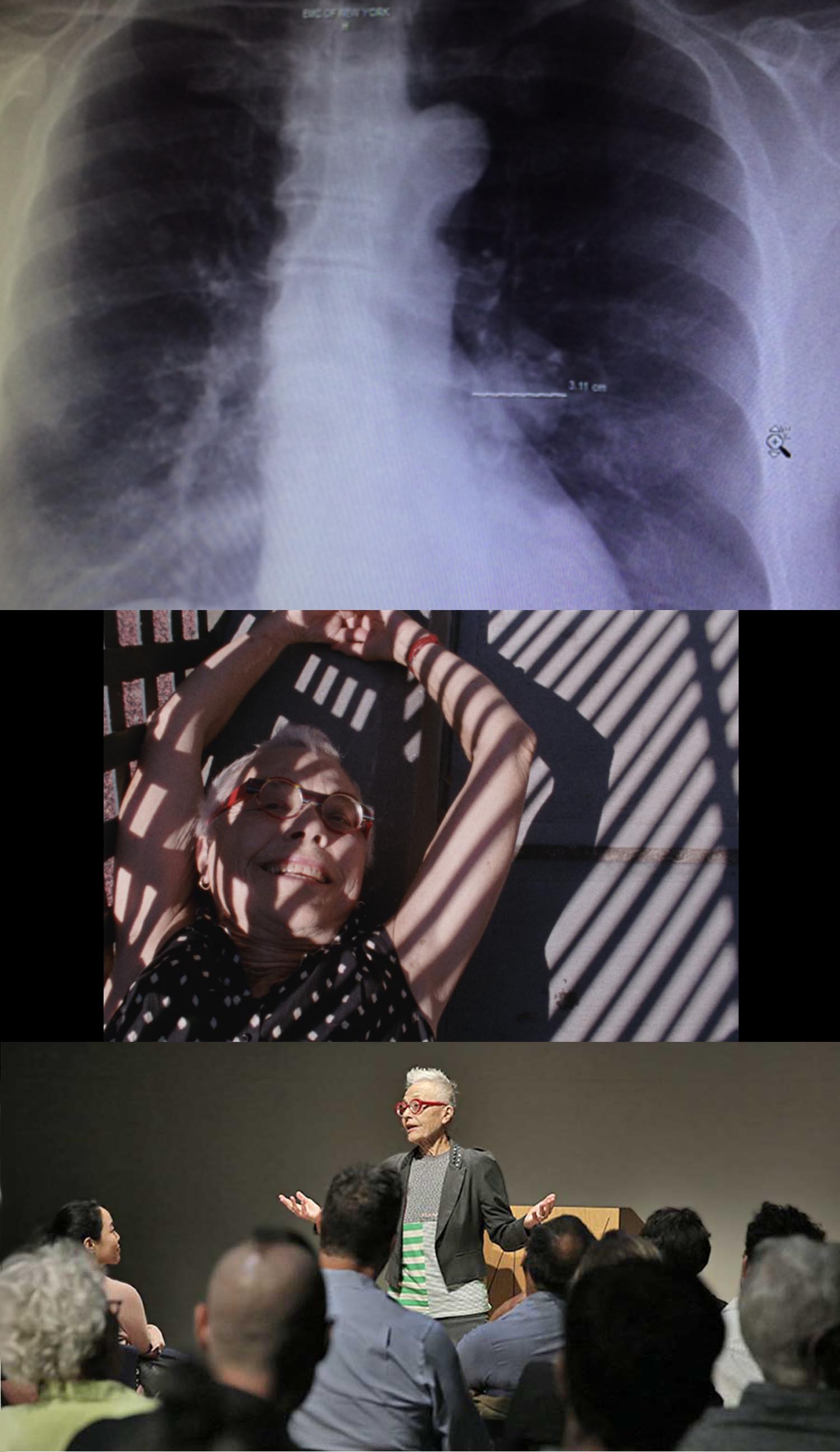
In the two and a half years before she died, Hammer’s artistic output was remarkable. She premiered her major performance and multi-
disciplinary work Evidentiary Bodies at Microscope Gallery, participated in the Lynne Sachs’ film Carolee, Barbara and Gunvor, and gave a performative lecture at the Whitney Museum on The Art of Dying.
In late 2018, after over 100 rounds of chemotherapy and tumors taking over her lungs, Hammer finally ceased undergoing interventions to counteract the cancer and spent her final months at home with her beloved partner Florrie Burke and with visits from many, many friends. Activist to the very end, Hammer used her dying to advance the cause of the right to medical aid in dying.
